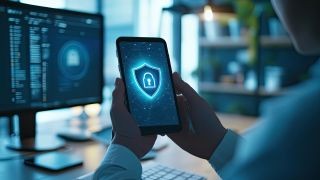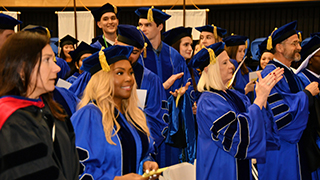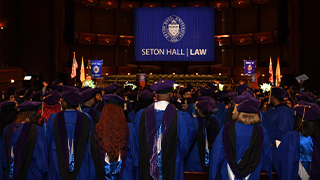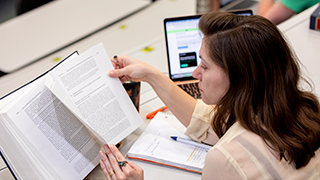Defend Your Accounts from Credential Theft Threats
Monday, June 9, 2025
 A recent discovery revealed an unsecured database containing over 180 million login credentials for
widely used platforms including social media, gaming, and productivity services. The
data was likely collected by infostealer malware, a type of malicious software that
discreetly extracts sensitive information from infected devices, including login credentials,
cookies, autofill data, and even cryptocurrency wallet details.
A recent discovery revealed an unsecured database containing over 180 million login credentials for
widely used platforms including social media, gaming, and productivity services. The
data was likely collected by infostealer malware, a type of malicious software that
discreetly extracts sensitive information from infected devices, including login credentials,
cookies, autofill data, and even cryptocurrency wallet details.
This breach is not an isolated case. It is part of a larger, ongoing trend where cybercriminals weaponize data stolen from millions of devices. Although the exposed database has since been taken offline, the threat remains active. Infostealer malware continues to spread through common methods such as phishing emails, malicious downloads, and cracked software, putting both personal and institutional data at risk.
Account Security for Seton Hall Users
To reduce the risk of credential theft and keep your personal and University accounts secure, follow these recommended best practices.
Change Your Passwords Regularly
Use unique, complex passwords for your Seton Hall credentials and all other accounts. Avoid reusing the same password across multiple services to reduce the risk of credential theft.
Enable 2FA for University and Personal Accounts
Two-factor authentication (2FA) is required for all Seton Hall users accessing University systems. Enabling 2FA on other personal and professional accounts that support it is also strongly recommended, as it provides an added layer of security even if a password is compromised.
Audit Your Email Accounts
Review all of your email accounts, including your Seton Hall mailbox, and remove any sensitive or outdated information such as tax documents, medical records, contracts, or saved passwords. Email is often treated like long-term storage, but minimizing stored sensitive content reduces the risk if an account is ever compromised.
Keep Your System and Anti-Malware Tools Updated
Seton Hall-managed devices are automatically protected and kept up to date. For personal devices, use reputable anti-malware software and keep your operating system, browsers, and applications updated to protect against the latest threats.
Practice Safe Browsing and Downloading
Avoid downloading unauthorized software or clicking on unfamiliar links, especially in unsolicited emails. Be cautious of messages that imitate Seton Hall communications or other trusted services, as they may be phishing attempts.
Report Suspicious Activity
Reporting suspicious activity and messages helps protect you and the entire Seton Hall community from potential threats. If you’re even slightly suspicious of an email, do not click any links or take any action. Instead, use the Report Phishing button to alert the IT Security team right away.
Categories: Science and Technology





